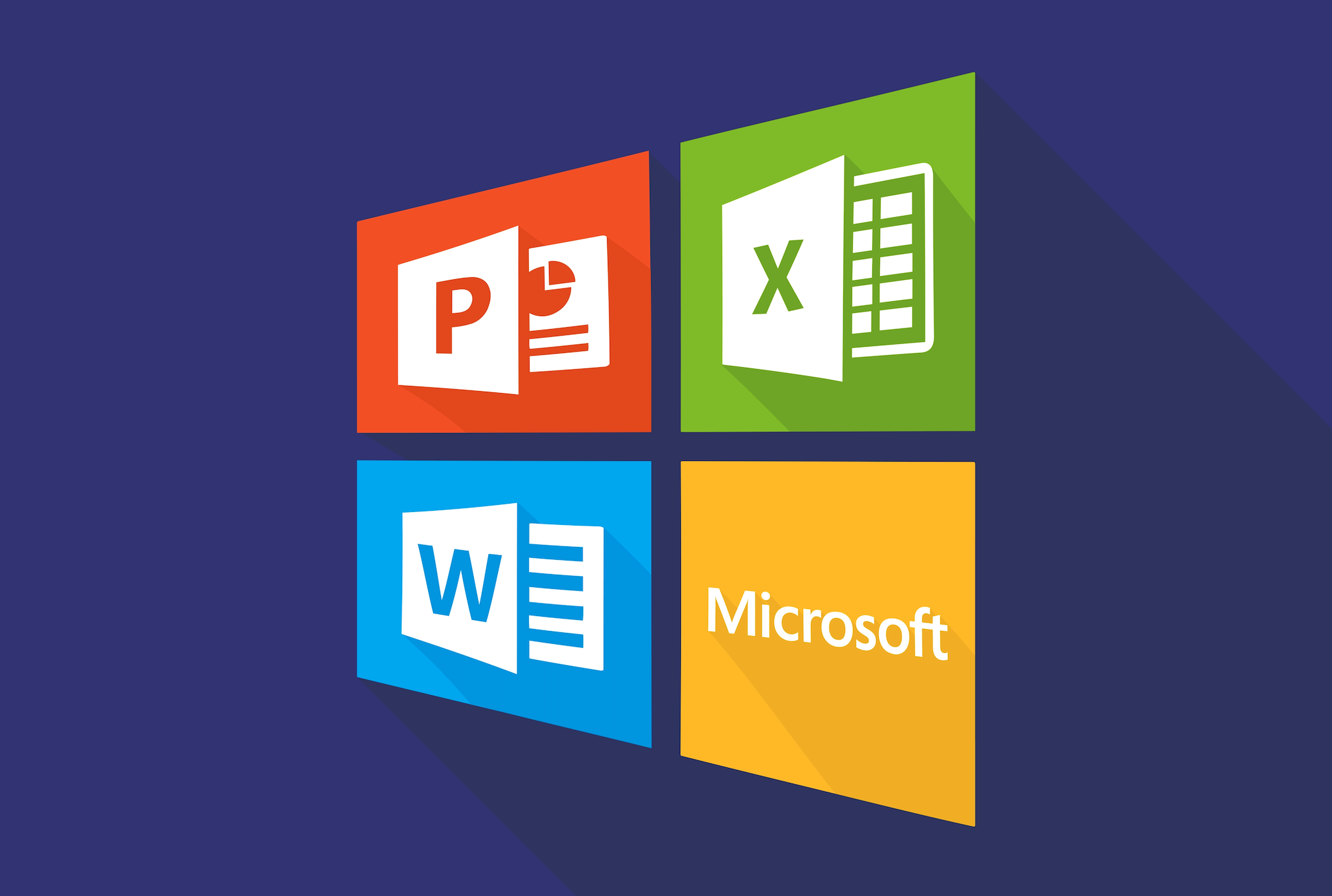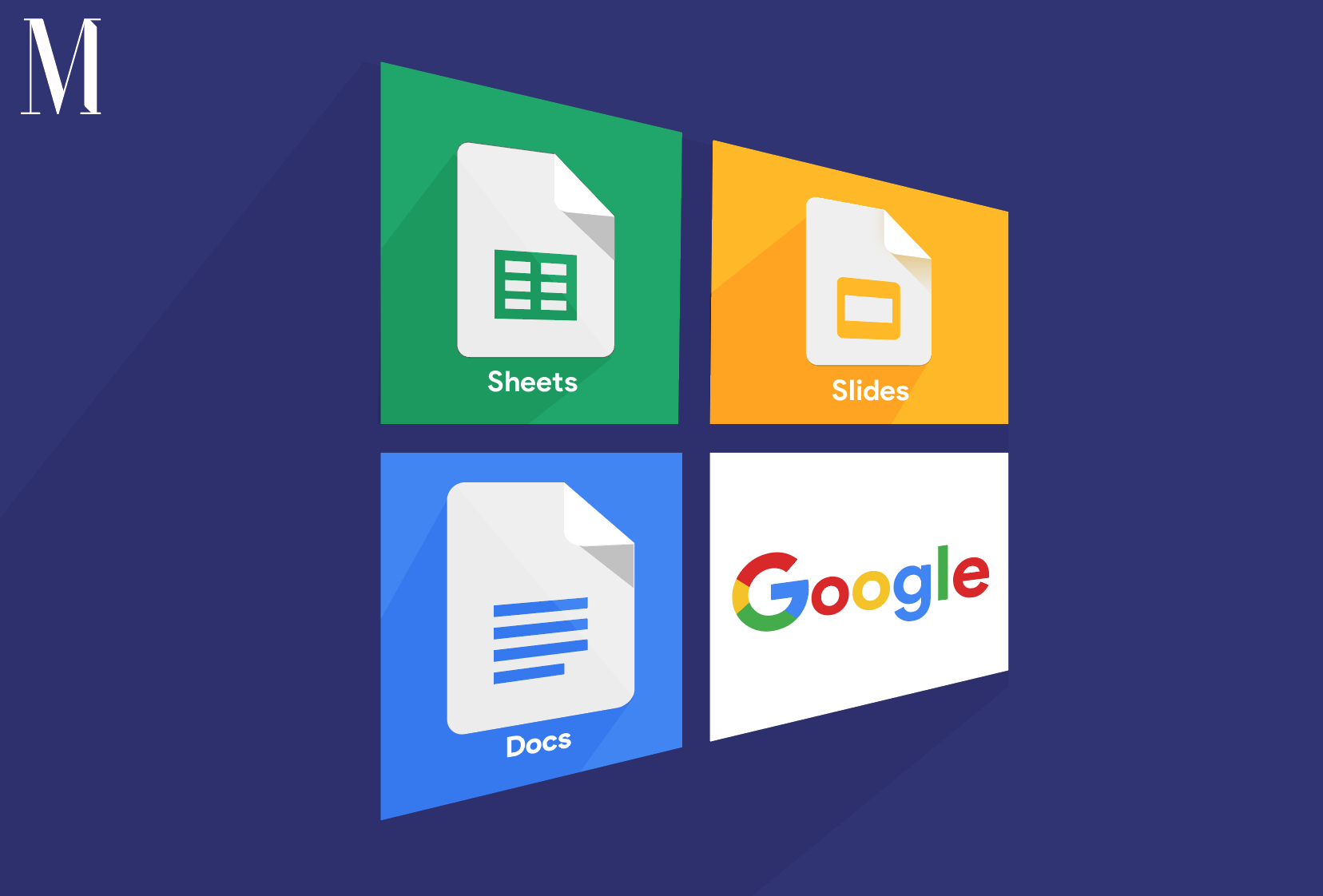Microsoft, Google, and an (im)perfect county system
The Messenger investigates Northview’s switch from using Google to Microsoft as an educational platform.Graphic by Grace Peng and Melissa Liu, Editors-in-Chief
Suhani Mahajan, Staff Writer & Gavin Chen, Staff Writer
A few weeks prior to the start of the 2020-21 school year, Fulton County announced a county-wide switch to a Microsoft learning platform. This decision was made in light of the preceding semester; when schools made the emergency switch to remote at the start of the pandemic, teachers across the county used various learning platforms. This concerned both parents and students, who had to learn to navigate many different systems. To diffuse the confusion, the county mandated the switch to Microsoft.
Wanting to limit cyberbullying, the county also made the executive decision to restrict students’ school Microsoft accounts from sending or receiving emails from any user that is not a teacher in the county system.
“There was a lot of concern about student-to-student bullying. The relationship between the teacher and the student is our primary concern,” Dr. Emily Bell, Fulton County’s Chief Information Officer of Information Technology, said. “You can get into a synchronous meeting with your teacher and interact with other students there.”
An unforeseen consequence, however, is that this decision impeded students from collaborating with one another through a safe, school environment. In response to a query on how the county supports teachers—who are busy doing many things, especially now that students are back in classrooms—in facilitating multiple class collaborations, Bell shrugged.
“My answer is the same,” Bell said. “The teacher has to facilitate [collaboration].”
Meanwhile, teachers have had to adjust their lesson plans and class activities to accommodate students’ Microsoft account restrictions. Anna Check, who teaches 11th Grade English and 3DE students, first learned about the county restrictions last year when she faced complaints from her students who were unable to collaborate on work that she had assigned.
Since then, Check has helped her students work around the restrictions by having them collaborate through their school Gmail accounts. However, the county discontinued those accounts on Sept. 15, 2021, so students will have to find another solution.
“When we were remote, it was difficult. When I put students into breakout rooms, if they had to work on a document together, they would just use their old Google drives,” Check said. “But we're not going to be able to access our accounts after Wednesday [Sept. 15].”
Students have not been able to access any Google apps, for both school and personal accounts, due to new restrictions on the school Wi-Fi. Darryl Paul, Northview’s media specialist, has been working with students to assist them with their Microsoft accounts, as well as the recent blocking of Google apps on school Wi-Fi. Paul shares that because all Wi-Fi restrictions are county decisions, he has no way of overriding them at Northview.
“I would say I've seen complaints every day, multiple times a day, where somebody will encounter a Google problem, and we'll troubleshoot and try to get to that page through other avenues. Sometimes it works. Sometimes it doesn't,” Paul said. “The best option to guarantee access in school is to download what you need from your Google Drive at home. That's pretty much all you can do to guarantee access, which is not terribly convenient.”
In addition to switching to a Microsoft platform, Northview’s device switch was postponed through all of last year. This left Northview students with two options: using their school-issued Chromebooks or using a personal device.
Senior Sasha Borislow does not have a personal device, and she found navigating the Microsoft platform on a Chromebook highly inconvenient and frustrating. Over the course of the last school year, during which Borislow was a remote student, she was able to complete collaborative school work by interacting with peers through personal Google accounts.
“Using Teams on a Chromebook is awful. It's not its own app; it's just on the web, so you can't do a lot of things. Everything is incredibly slow, and I had a lot of trouble just doing anything,” Borislow said. “Word documents are also very inconvenient because we can't share them with our school accounts, so I have to turn to my personal Gmail account to share anything.”
Now that Borislow has switched out her Chromebook for a Thinkpad, a Microsoft-friendly device, she no longer has complaints about working on the Microsoft platform. But due to the recently restricted access to Google apps on school Wi-Fi, she is again struggling to complete collaborative assignments.
“I'm fine with using Microsoft as opposed to Google at this point because we don't have Chromebooks anymore,” Borislow said. “But since we're using Microsoft, we're expected to only use Word. It would be a whole lot easier if we could share Word documents on our school accounts, so we could actually get projects done. Then, we wouldn’t have to rely on our personal Google accounts, which, at the moment, we can’t even access on the school Wi-Fi.”



